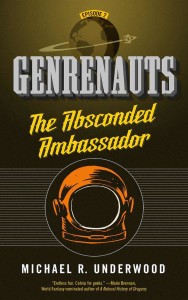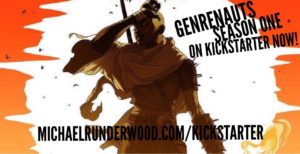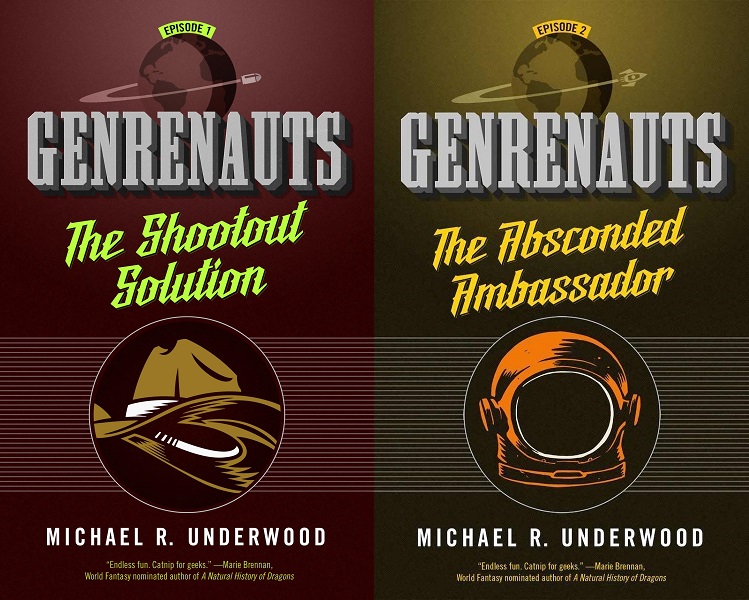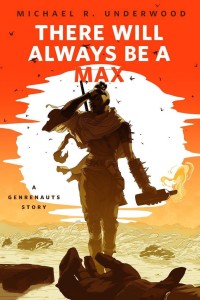Today just before lunch, I saw this story on Publishers Weekly. Which reminded me of other reports like this one from the New York Times. But there’s a lot to *why* these reported print #s are likely dropping, and a lot these reports leave out. Which is where this discussion started.
I’d also like to say a bit more about the Cult of the Debut. This is a huge thing in publishing. Authors, Agents, Publishers, Reviewers, Booksellers, nearly everyone in publishing is culpable here. We all participate in the Cult of the Debut. The shiny new author, the undiscovered gem, the instant phenomenon new voice that will Revolutionize Publishing, so on and so on. Houses get into huge bidding wars over debuts they think will be the Next Big Thing, spending millions and millions of dollars on an unproven author.
And as authors, we get so worked up about The Big Debut. We see our colleagues getting six, seven figure deals out of the gate, and we despair, thinking we’ll never have the career they’re going to have. We fetishize the Big Debut as the One True Path to writing success? When in reality, a lot of those big debuts fail, and a lot of authors that do end up becoming bestsellers do so by building an audience over time.
VE Schwab just hit the NYT list with A Gathering of Shadows, the second book in a series, and her ninth book overall. She built an audience over six years, bringing her YA audience to her adult series. She has put the work in over time, alongside her publisher, to make this success happen. Stories like Schwab’s are far more achievable, far smarter of a strategy (even with the extraordinary circumstances of her film and TV deals, which are impressive and laudable in their own right), in my opinion, than throwing big stacks of money at debuts and hoping to win the lottery. Schwab has proven her work to be a good investment, has fostered a strong fan base, and now she is reaping the rewards. This is how to succeed without the Cult of the Debut.
Some people do debut right onto the NYT list. My agency-mate Jason M. Hough did with his novel The Darwin Elevator, but that happened because he busted his ass writing all three books in the trilogy so they could be released back-to-back-to-back, so his publisher had all the ammunition in the world to push the book hard. And then? It hit the NYT list probably in no small part to getting a very strong NPR on-air review during drive-time. But there’s no way to guarantee that kind of buzz or support. You make your bets, you give books everything you’ve got, and you pray. Sometimes the magic works, and sometimes, a big advance is the last advance you’ll ever see.
Me? I’m a career slugger so far. I do the work, I write pretty quickly, and I promote the ever-loving crap out of my work by being active online and at conventions. I refine my process, I look at what in my list is working and what isn’t, and I try to focus on writing to where my existing readers are – the pop-culture-savvy action/adventure kind of story.
A lot of writers carve out solid careers for themselves without ever hitting a Bestseller list, without ever getting a major award. They write, they make smart choices about what books to write when, and they find good publishing partners. They develop their careers deliberately, thoughtfully, and by making good bets. Publishers can and often do this, too. But publishers are still frequently distracted by the Cult of the Debut.
And this focus on debuts goes all the way down – Big Debuts get the budget, so they get the support. Which means they get more ARCs, more ads, more events. They get more time during presentations to buyers and librarians, which means they get more exposure to readers and reviewers. All the while, career writers, the long-term proven creators, just hammer out incrementally stronger books, trying to build their audiences organically because they’re not the New Hotness anymore.
We can all do better. Debuts are fun, and it’s exciting to be the person to spread the news about a brand-new author, but there’s a lot to be said for the experience and honed skill of a veteran writer. That’s what I’m hoping to become. It’s not as sexy a role, but it’s far more realistic.
My latest book is The Absconded Ambassador, Episode 2 of the Genrenauts series. The Genrenauts are a group of storytellers that travel to dimensions informed by fiction genres to find and fix broken stories in order to protect their home world.







